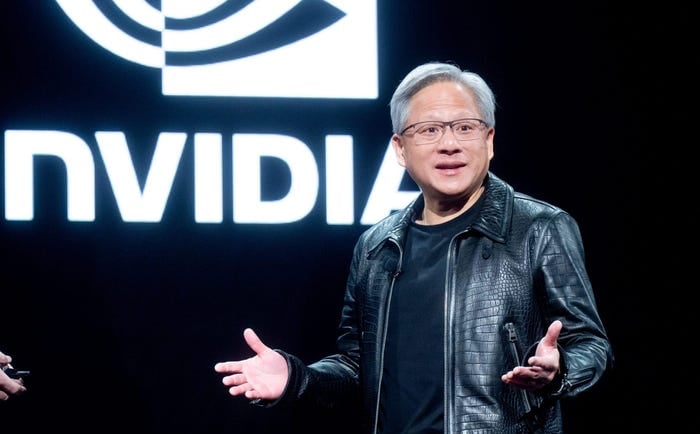Exploring the Concept of Sovereign AI and Its Impact on Global AI Infrastructure
Explore the transformative concept of Sovereign AI proposed by Nvidia's CEO, Jensen Huang. Understand how localized AI infrastructure benefits data protection, culture, and economic growth, driving a $2 trillion data center boom by 2029.
Faheem Hassan
2/23/20242 min read


The concept of Sovereign AI, as proposed by Jensen Huang, CEO of Nvidia, a frontrunner in AI and GPU technologies, is paving the way for a transformative shift in how countries and regions approach artificial intelligence. At the heart of Sovereign AI lies the belief that every nation or region must develop its own AI infrastructure and capabilities. This approach is not just about technological independence but also about safeguarding data, preserving cultural identities, and protecting national interests.
The Essence of Sovereign AI
Sovereign AI advocates for a future where countries are not just consumers of AI technology developed elsewhere but are creators and custodians of their AI ecosystems. This paradigm shift is crucial for several reasons. First, it ensures that sensitive data, whether pertaining to national security, economic interests, or personal privacy, remains within the borders of its origin, protected from foreign surveillance and exploitation. Secondly, it allows for the development of AI applications that are deeply rooted in the local culture and societal norms, ensuring that technology serves the community in a way that is relevant and respectful.
Nvidia's Role and Vision
Jensen Huang's championing of Sovereign AI is not without strategic foresight. Nvidia, being at the forefront of AI and GPU technology development, positions itself as a key player in this envisioned future. The demand for localized AI infrastructure and capabilities signifies a burgeoning market for Nvidia’s products, including AI processors, software, and platforms. Countries and regions looking to build their AI factories and models will inevitably turn to Nvidia's advanced technologies to make this vision a reality.
The Economic Implications
Huang’s prediction that data center spending will soar to $2 trillion by 2029, fueled by the proliferation of generative AI, underscores the economic magnitude of this shift. Generative AI, with its ability to create content, solve complex problems, and generate innovative solutions, is at the forefront of this expansion. The investment in data centers, AI technologies, and infrastructure will not only cater to the growing demands of generative AI but also stimulate economic growth, create jobs, and promote technological innovation on a global scale.
The Road Ahead
The path to achieving sovereign AI is fraught with challenges, including massive investments in technology, the need for skilled workforce development, and the establishment of regulatory frameworks that balance innovation with ethical considerations and data protection. However, the potential benefits—ranging from enhanced national security and economic sovereignty to the promotion of cultural integrity and social welfare—are immense.
As countries and regions navigate this journey, the role of companies like Nvidia will be pivotal. Their expertise, technologies, and vision for the future of AI can guide the development of sovereign AI infrastructures that are robust, ethical, and tailored to the unique needs of each locale.
Conclusion
Sovereign AI represents a bold step forward in the global discourse on artificial intelligence. By advocating for localized AI capabilities, Jensen Huang has highlighted a path that could lead to a more secure, culturally sensitive, and economically vibrant future. As nations around the world heed this call, the landscape of AI technology and its application will undoubtedly undergo a significant transformation, with Nvidia leading the charge towards a more decentralized and diverse AI future.
In embracing Sovereign AI, the world stands at the cusp of a new era in technology, one where independence, innovation, and integrity go hand in hand in shaping the future of artificial intelligence.
